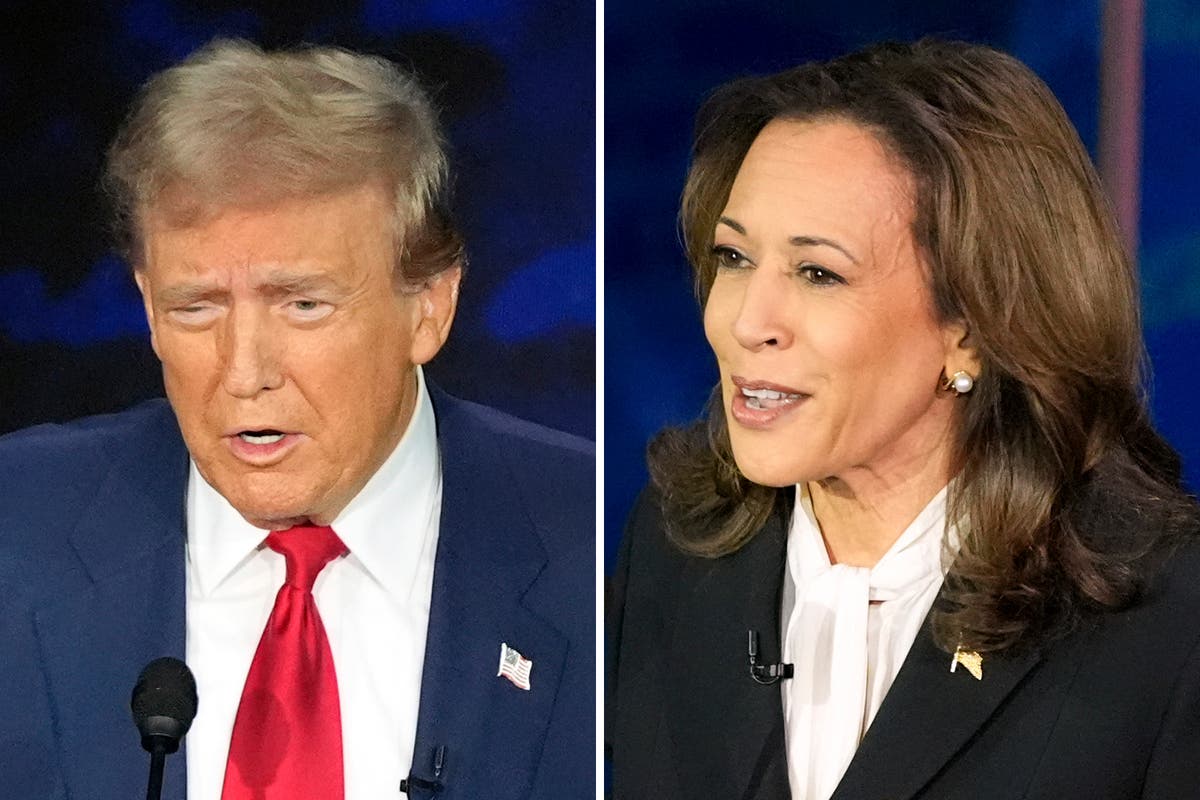Kamala Harris Calls Out Donald Trump’s ‘Lack of Empathy’
In the ever-evolving landscape of American politics, few figures have been as polarizing as Donald Trump. His presidency and subsequent campaign for re-election have sparked intense debate, particularly regarding his approach to leadership and governance. Recently, Vice President Kamala Harris has taken a bold stance, calling out Trump for what she describes as a profound "lack of empathy." This assertion comes at a critical juncture in the 2024 election cycle, where emotional intelligence and connection with voters are more important than ever.
The Context of Harris’s Critique
Harris’s comments were made during a series of media appearances aimed at solidifying her campaign message and connecting with voters. As she engages with the public, she emphasizes the importance of empathy in leadership—a quality she argues is sorely missing in Trump’s approach. This critique is not merely a personal attack; it reflects a broader narrative that the Biden-Harris administration seeks to promote: one of compassion, understanding, and a commitment to addressing the needs of all Americans.
In her interview on ABC’s The View, Harris articulated her vision for a government that prioritizes the well-being of its citizens. She highlighted her proposal for Medicare to cover at-home care for seniors, framing it as a necessary step towards dignity and independence for older Americans. This initiative underscores her belief that empathy should guide policy decisions, contrasting sharply with Trump’s often combative and dismissive style.
Empathy as a Political Strategy
Harris’s emphasis on empathy is not just a moral stance; it is a strategic political maneuver. As polls indicate a tightening race between her and Trump, the vice president is keenly aware that voters are looking for leaders who resonate with their experiences and struggles. In a recent New York Times/Siena College poll, Harris pulled ahead of Trump for the first time, suggesting that her message is beginning to resonate with the electorate.
By positioning herself as a candidate who listens and cares, Harris aims to attract not only traditional Democratic voters but also independents and disillusioned Republicans who may be seeking a more compassionate alternative to Trump. Her media blitz, which included appearances on Howard Stern and The Late Show with Stephen Colbert, reflects a concerted effort to reach a broad audience and reinforce her narrative of empathy.
The Contrast with Trump
Trump’s response to Harris’s critique has been characteristically combative. He has dismissed her comments as politically motivated and has resorted to name-calling, labeling her a "dummy" and attacking the co-hosts of The View as "degenerates." This reaction highlights the stark contrast between the two candidates: where Harris seeks to engage in constructive dialogue, Trump often opts for confrontation and derision.
Moreover, Trump’s recent actions, such as reportedly sending COVID-19 test kits to Vladimir Putin during the pandemic, have further fueled Harris’s narrative. These revelations, detailed in a new book by journalist Bob Woodward, paint a picture of a leader who may prioritize personal relationships over the welfare of American citizens. Harris’s critique of Trump’s lack of empathy is thus grounded in a broader context of his leadership style, which many perceive as self-serving and disconnected from the realities faced by everyday Americans.
The Importance of Empathy in Leadership
The significance of empathy in leadership cannot be overstated. In times of crisis—be it a pandemic, economic downturn, or social unrest—leaders who demonstrate understanding and compassion can foster a sense of unity and resilience among their constituents. Harris’s focus on empathy aligns with a growing demand among voters for leaders who not only articulate policies but also connect with the human experiences behind those policies.
As the 2024 election approaches, the question of who can best embody the values of empathy and compassion will be pivotal. Harris’s challenge to Trump’s leadership style serves as a reminder that voters are not just looking for policies; they are looking for leaders who genuinely care about their well-being.
Conclusion
Kamala Harris’s call-out of Donald Trump’s "lack of empathy" is more than just a political jab; it is a reflection of the values that she and the Biden administration seek to promote. As the campaign unfolds, the emphasis on empathy may prove to be a crucial differentiator in the minds of voters. In a political climate often characterized by division and hostility, the ability to connect on a human level could be the key to winning hearts and minds in the upcoming election. As Harris continues to advocate for policies that prioritize the dignity and independence of all Americans, her message of empathy may resonate more deeply than ever before.
